Caffeine is the world’s most widely used psychoactive drug and by far the most common stimulant to date. Most of us are familiar with the stimulating effects of caffeine, but for endurance athletes in particular, caffeine is often used to boost energy and performance. However, the science behind caffeine supplementation in endurance athletes is muddled, as we often hear contradicting thoughts on the drug. If you are curious about the effects of caffeine and want to learn more about it, then this article is for you!
How does caffeine work?
Caffeine has been thoroughlyresearched in sports for its ergogenic effects, and it has been found to have many different effects on the body. Caffeine acts as a stimulant to increase cognitive performance, suppress pain, and increase neurotransmitter release while increasing motor unit recruitment and muscle contraction. For endurance athletes in particular, caffeine may be beneficial in assisting with the mobilization of fat stores for energy, thereby decreasing dependence on glycogen for energy. By delaying muscle glycogen depletion, training sessions can be prolonged which allows you to train longer for harder!
When should you take caffeine?
Supplementing with caffeine 30-90 minutes before a training session can help with performance. Keep in mind that with daily caffeine intake, the performance benefit begins to decline after 15-18 days. Therefore, some athletes find it beneficial to cycle caffeine. This means having periods of abstaining from coffee, such as during low intensity training or prior to races, then resuming coffee intake at race time or during high intensity training. Furthermore, periodic topping-up during prolonged exercise can be of benefit: for every 1-2 hours, 1.5-2.9 mg/kg of caffeine can help sustain energy levels.
How much caffeine is safe?
Studies have shown that amoderate caffeine dose of 3-6 mg/kg 30-90 minutes prior to exercise can improve sustained maximal endurance performance and vigilance. So, for example, a 70 kg person would take anywhere from 210-420 mg of caffeine; as a point of reference, there is almost 100 mg of caffeine in 1 cup of black coffee. Additionally, taking caffeine with a source of carbohydrate improves work production and performance compared to caffeine or carbohydrate alone. There is no further enhancement in performance when higher caffeine doses of more than 9 mg/kg are consumed, which can actually result in undesirable side effects.

What are the side effects?
When caffeine doses exceed 9 mg/kg, you may start to experience negative side effects. This includes, GI distress, nervousness, confusion, and disturbed sleep. Frequent users of caffeine, those who drink more than 4 cups of coffee a day, experience nervousness, irritability, headaches, weakness, increased thirst, irregular heart rate, and more. Remember that caffeine affects everyone differently based on size, weight, health, amount taken, and other drugs taken at the same time.
Is caffeine legal in competition?
As of now, theInternational Olympic Committee (IOC)permits athletes to have up to 12 micrograms per milliliter of caffeine in the urine before it is considered illegal while the National Collegiate Athletic Association (NCAA) allows their athletes to have 15 micrograms per milliliter of urine. To put this into perspective, a person weighing about 70 kg who consumes 5 to 6 regular size cups of coffee approximately one hour before training would reach this limit.
In conclusion
To summarize, it has been shown that caffeine may be beneficial forperformance and recovery. You should begin at lower doses to test caffeine tolerance and adjust accordingly. However, as with any supplement or drug, be sure to use it inmoderation and responsibly. If you have any medical conditions or underlying health problems, be sure toconsult with your physician beforehand.
Try out our caffeine products to improve your performance


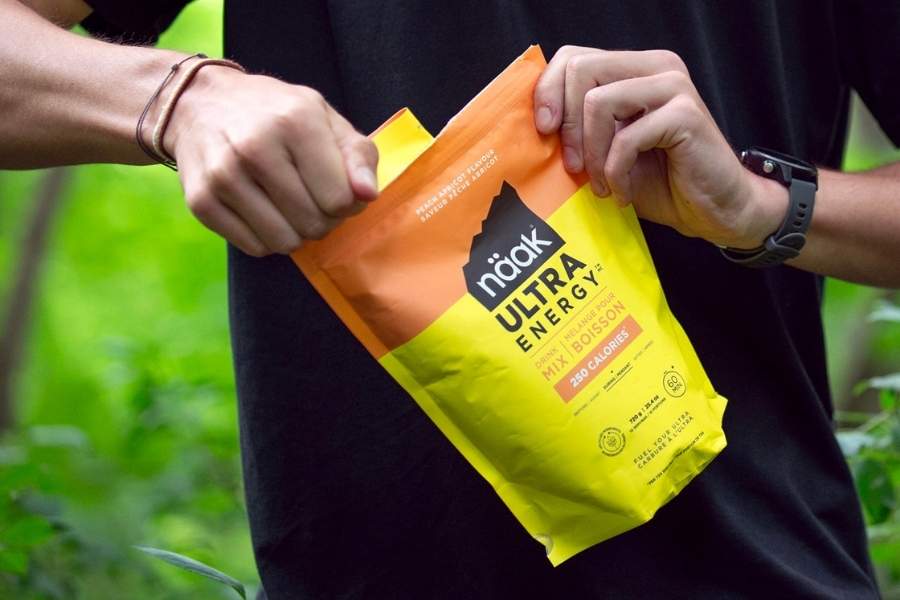









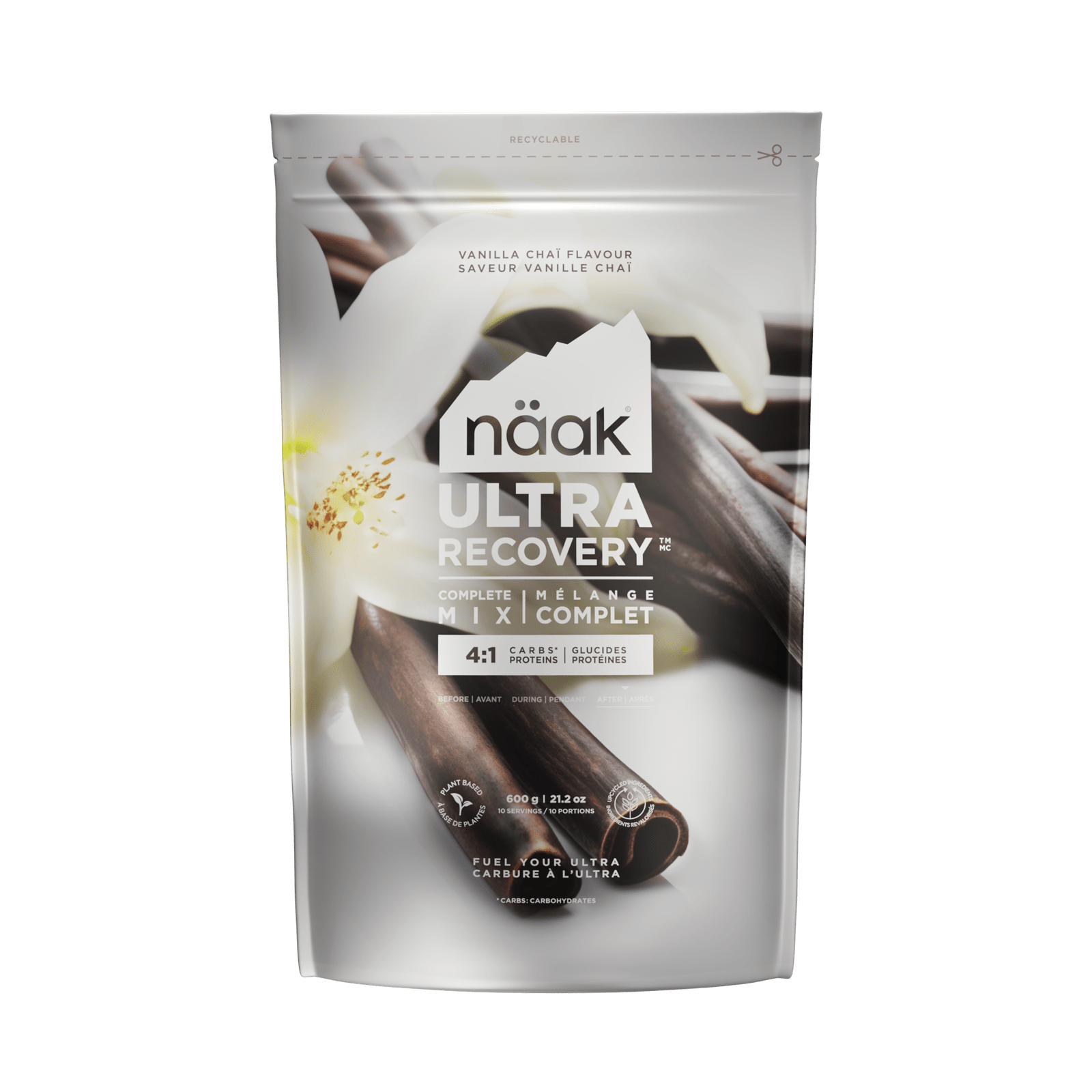
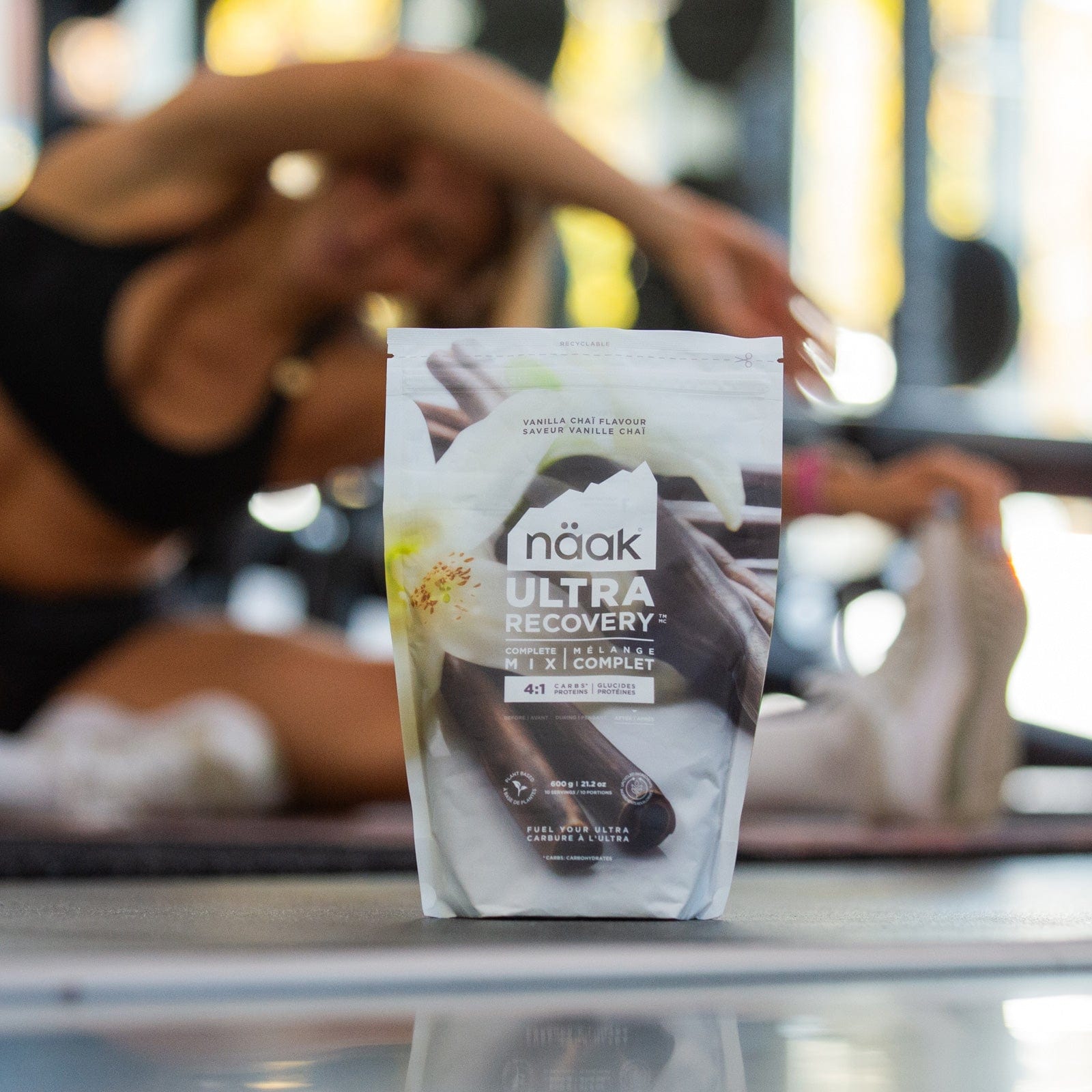
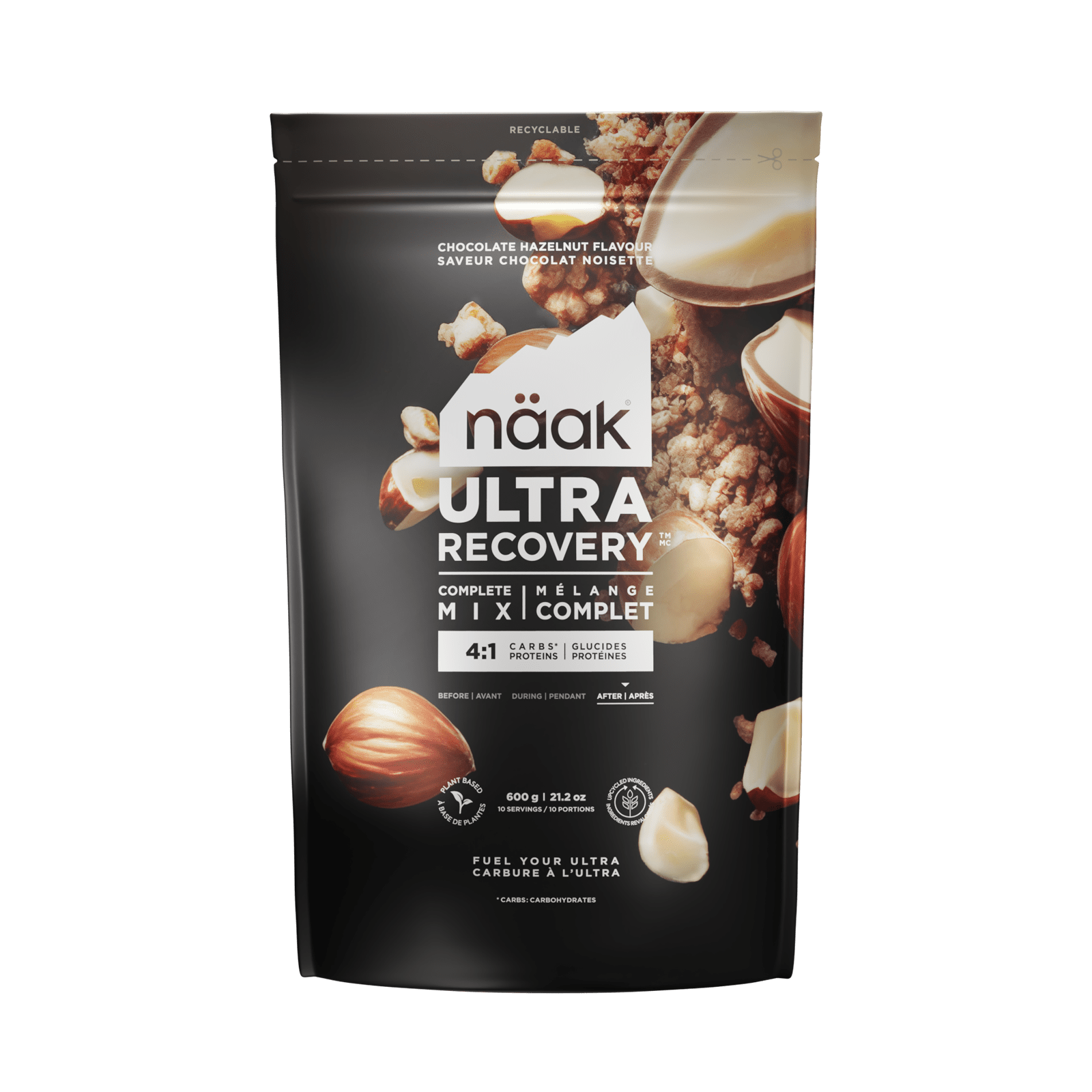
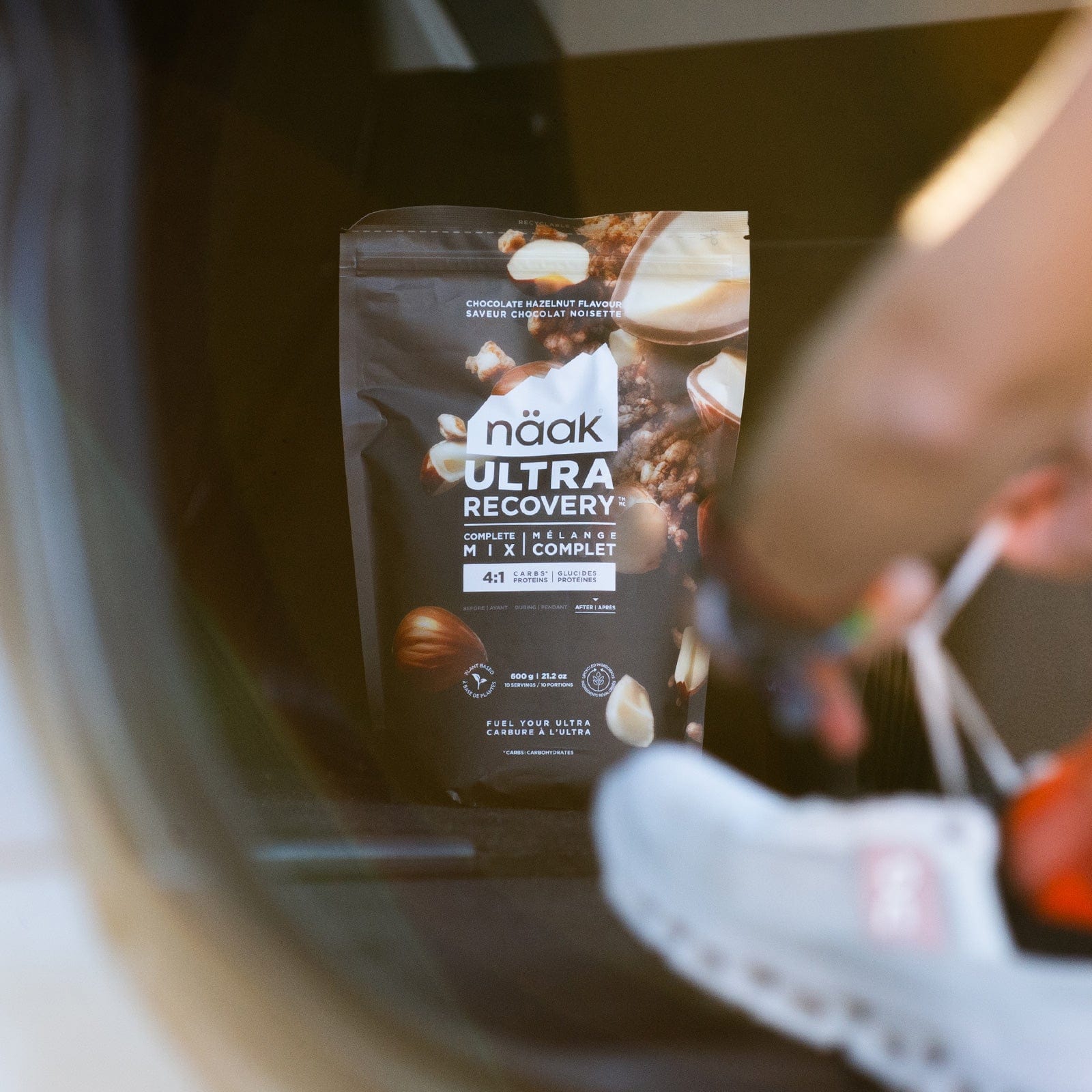
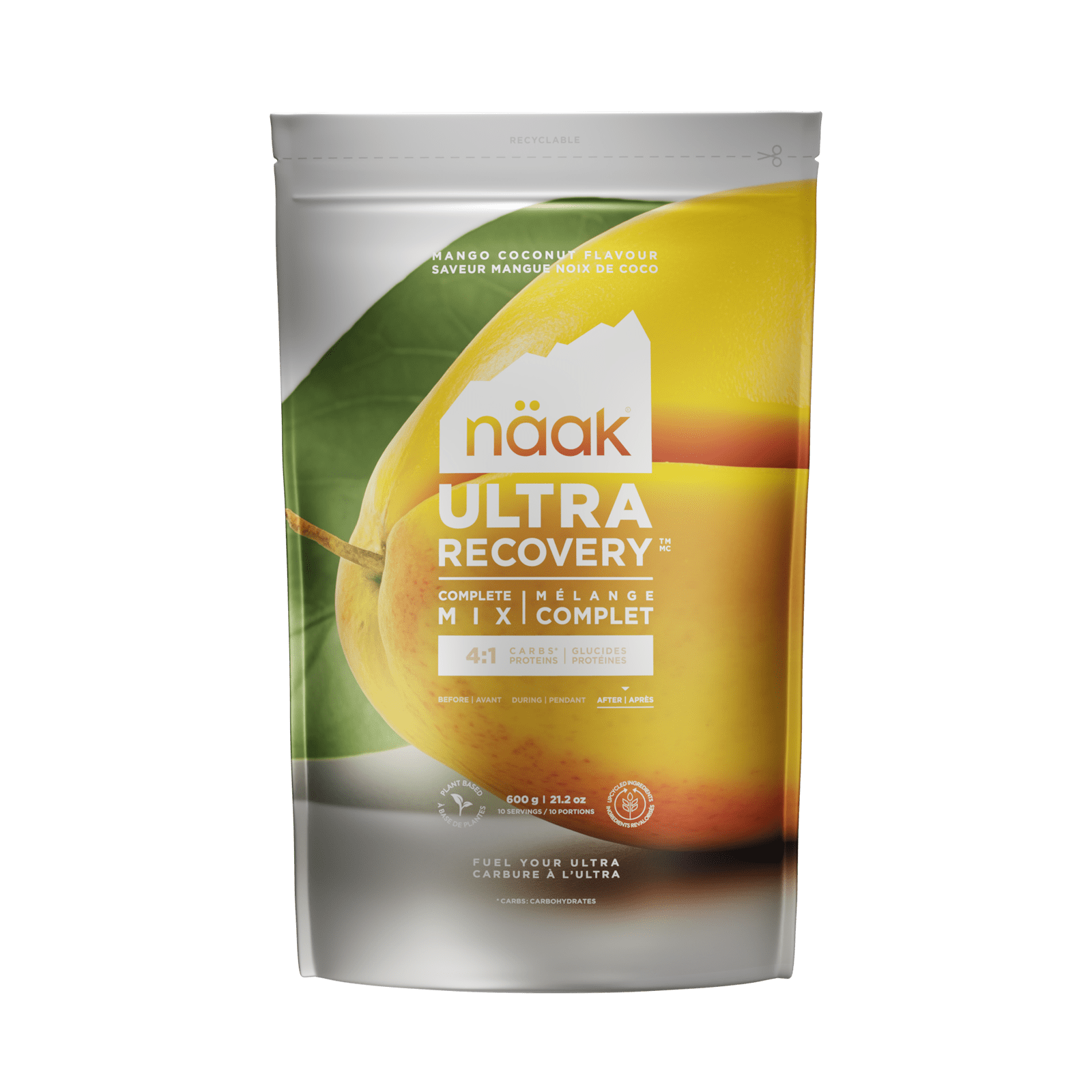

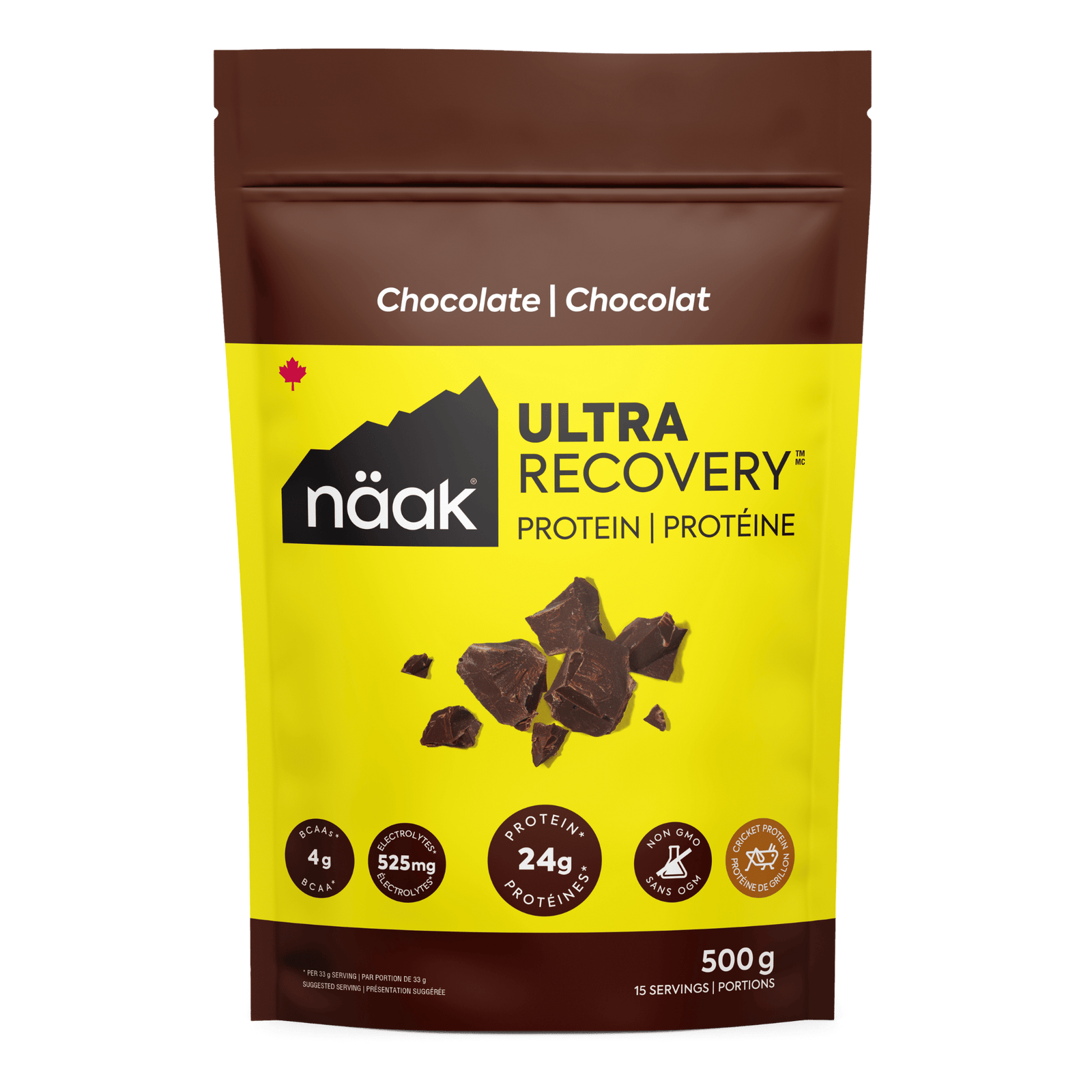
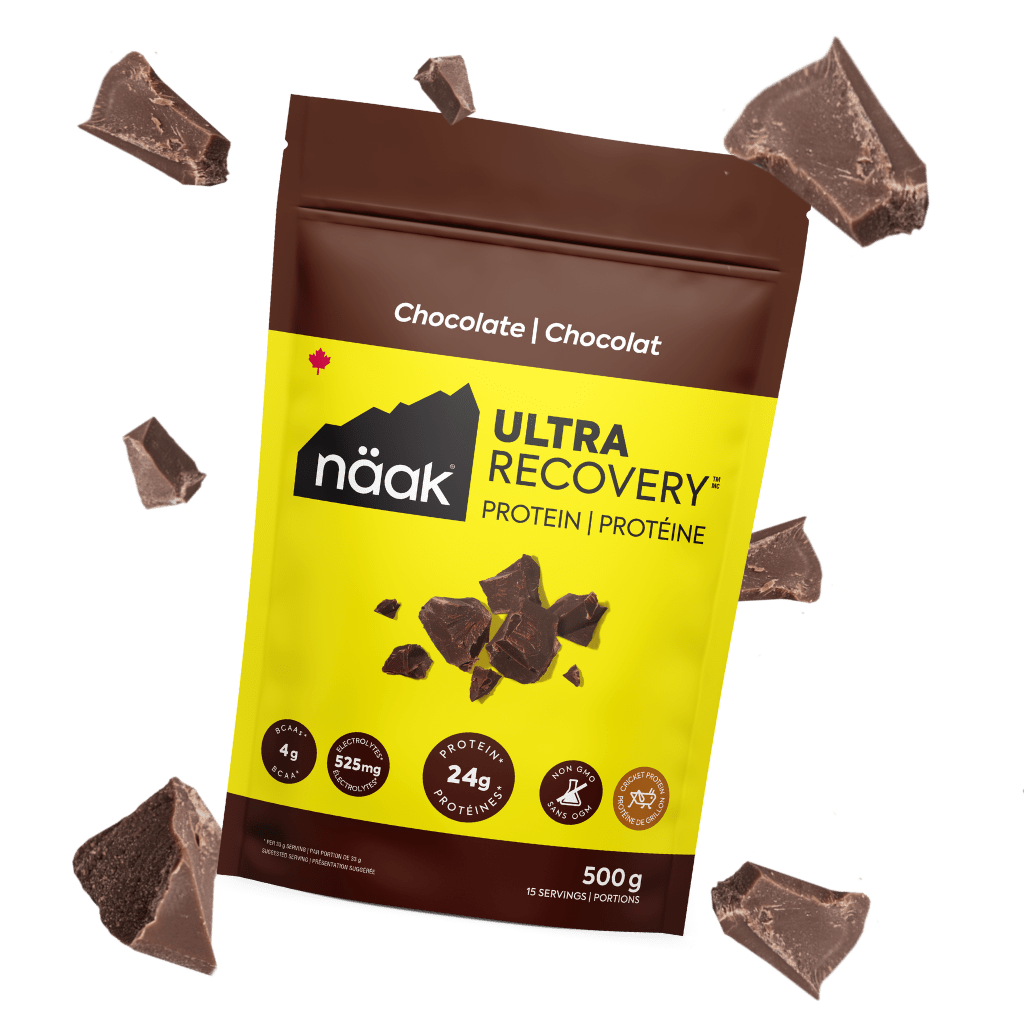
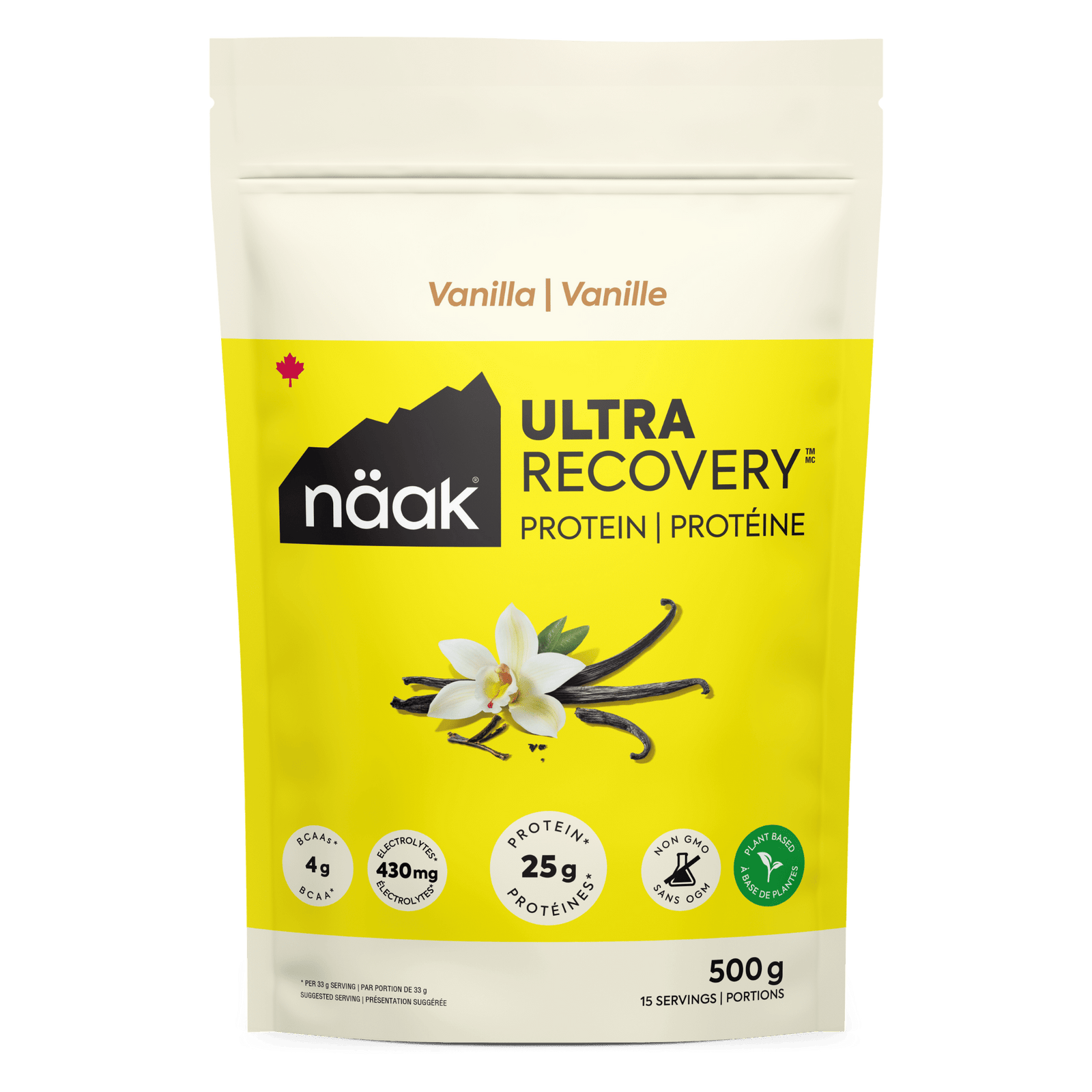


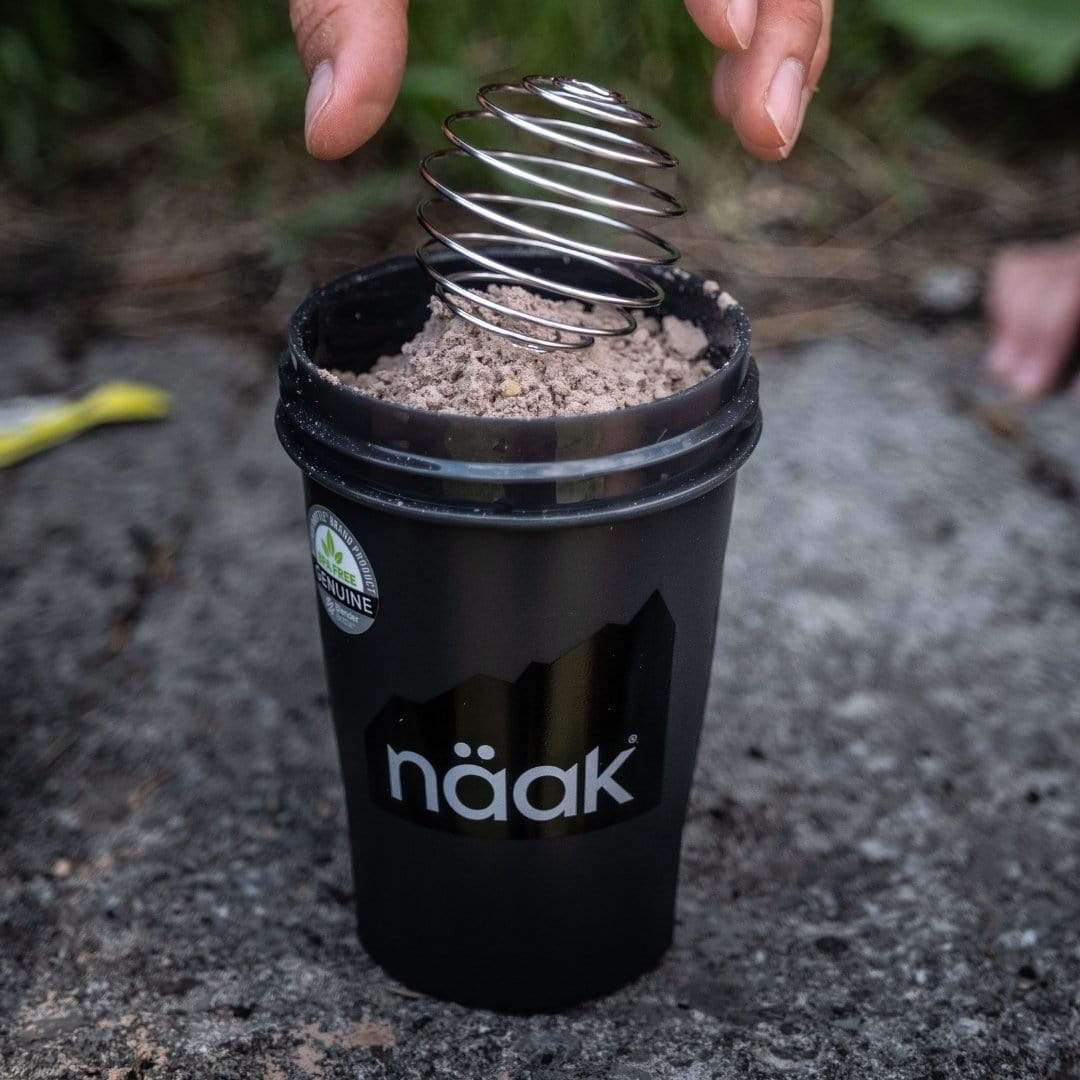



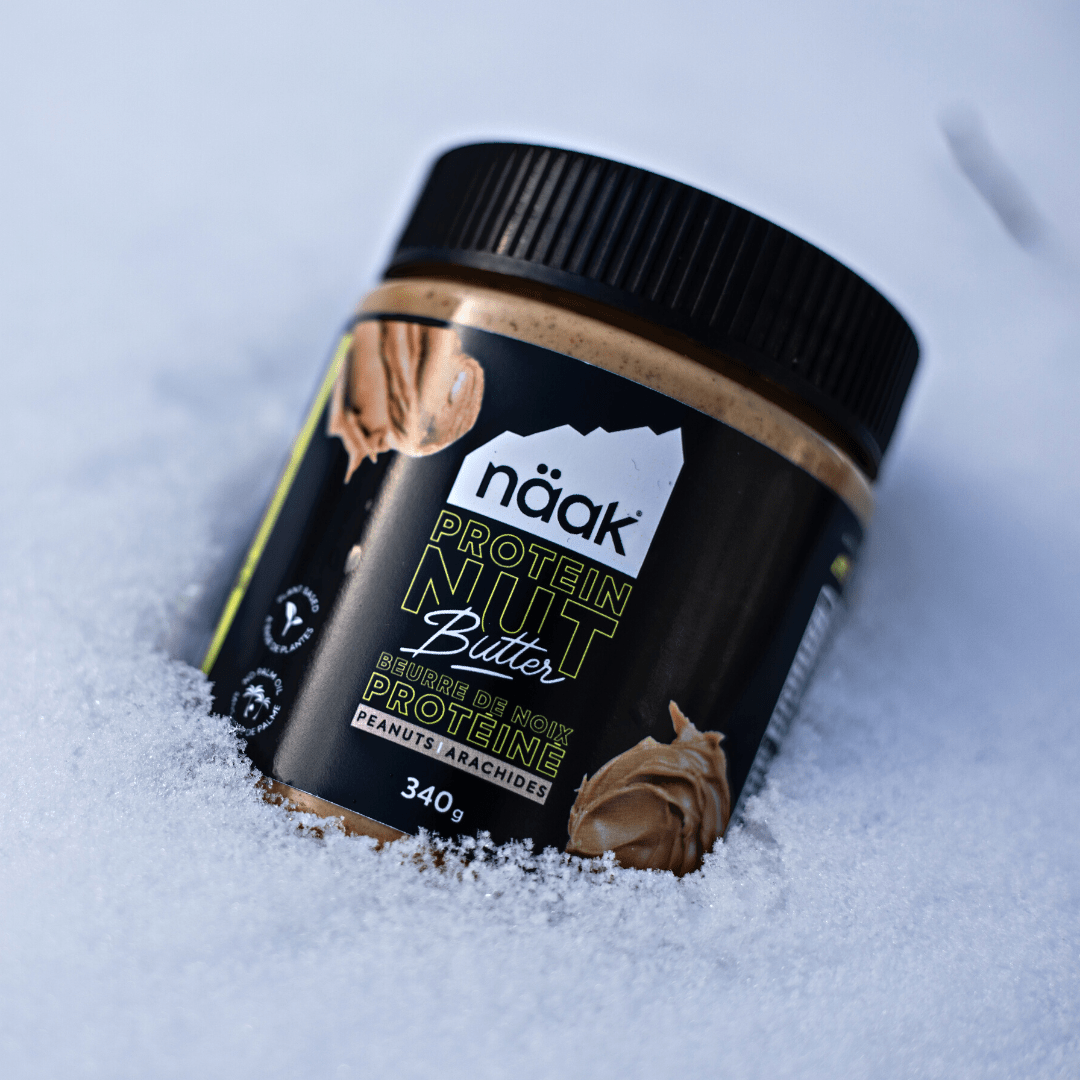
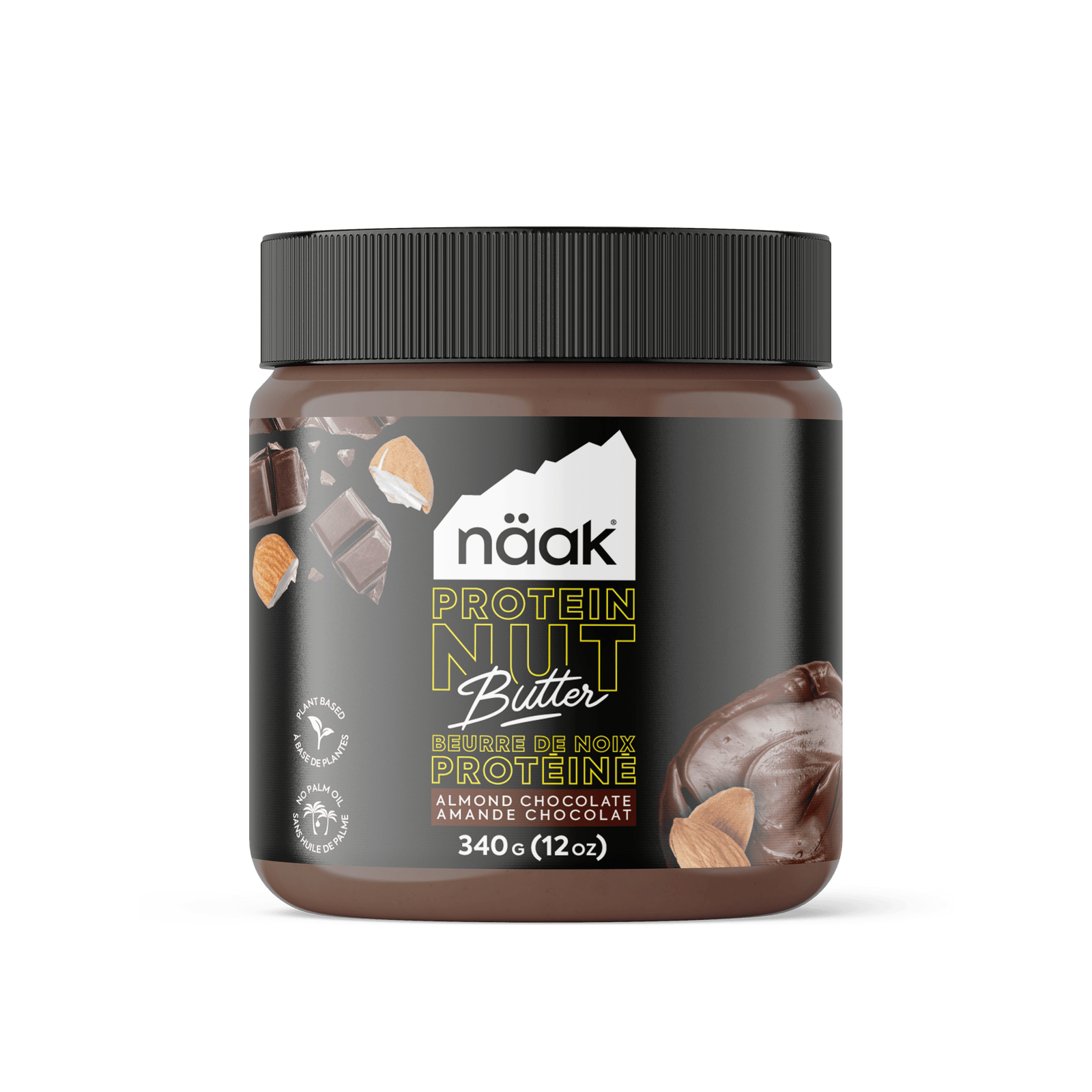
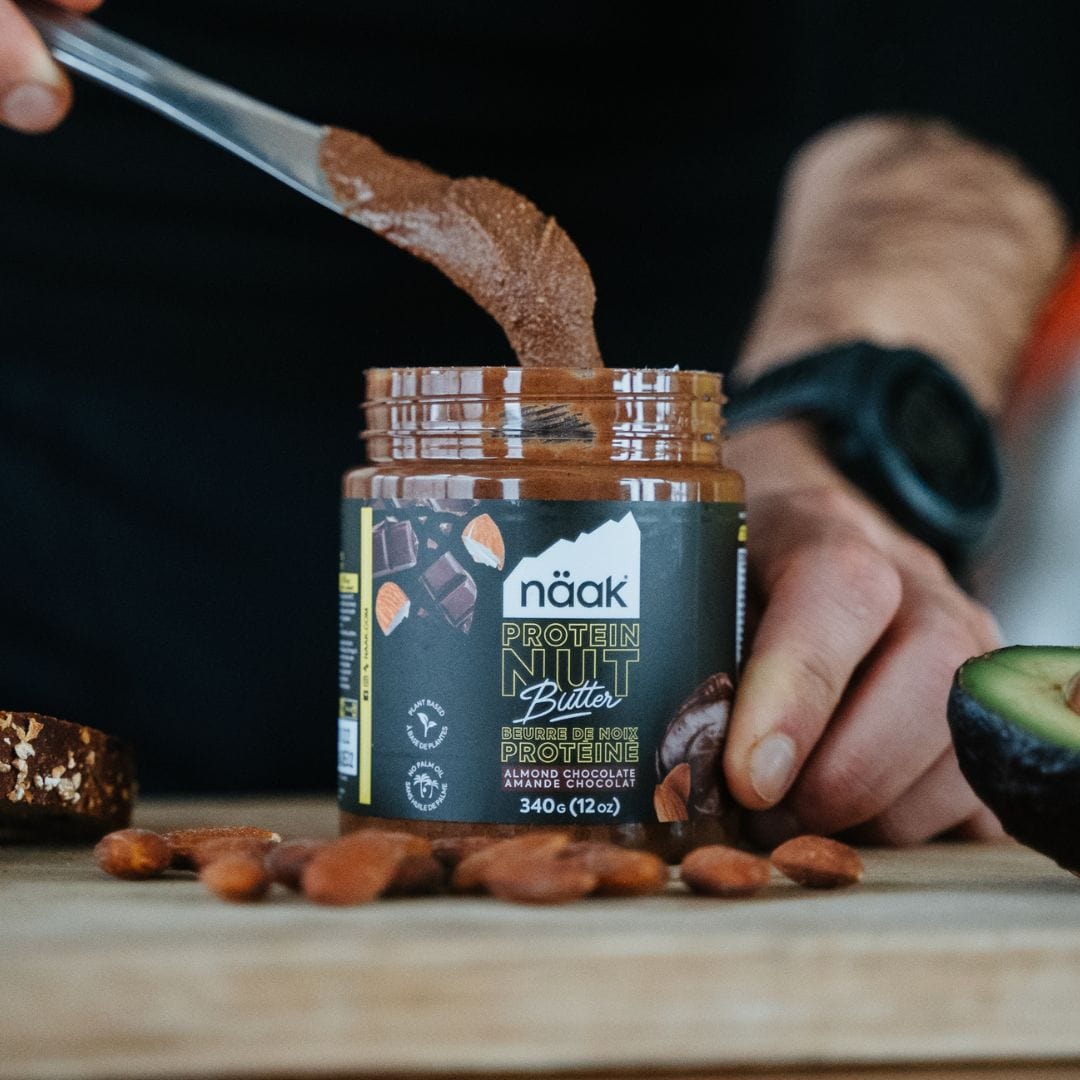
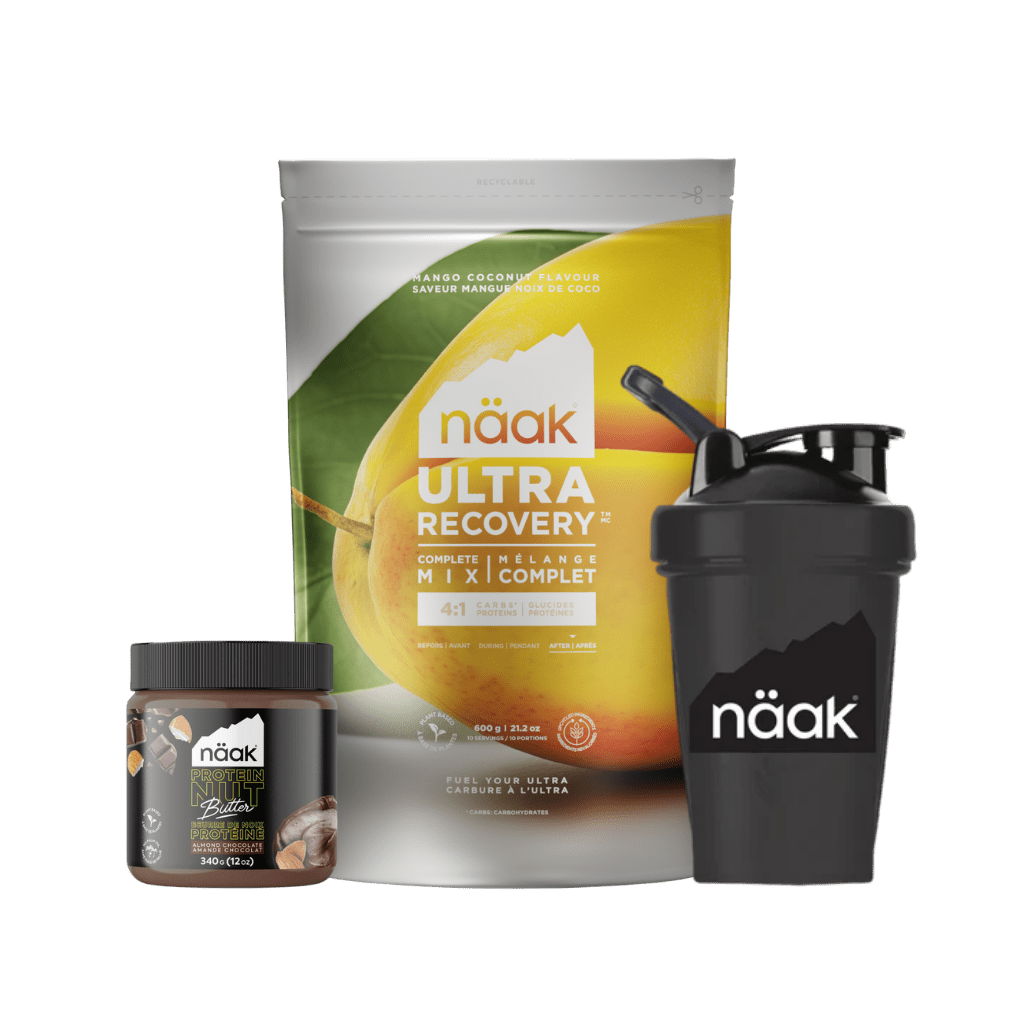

Leave a comment (all fields required)